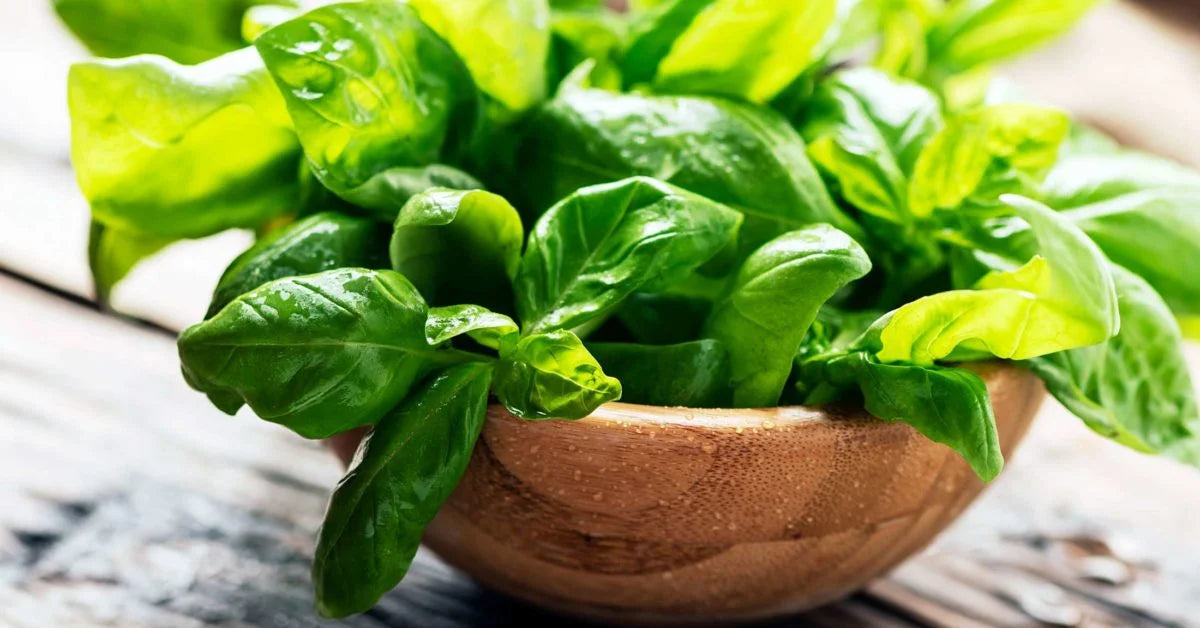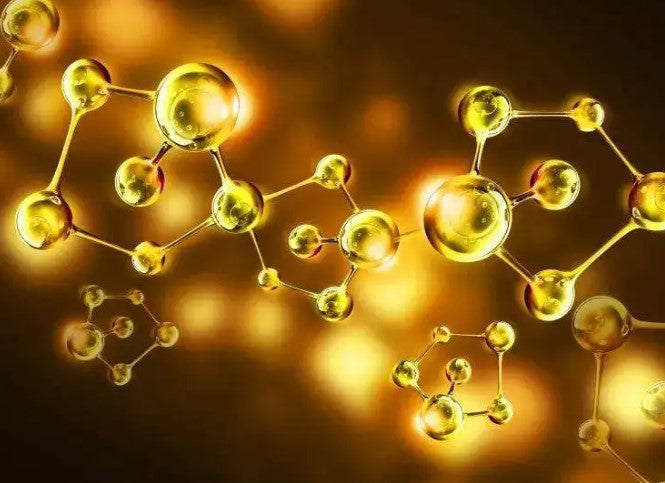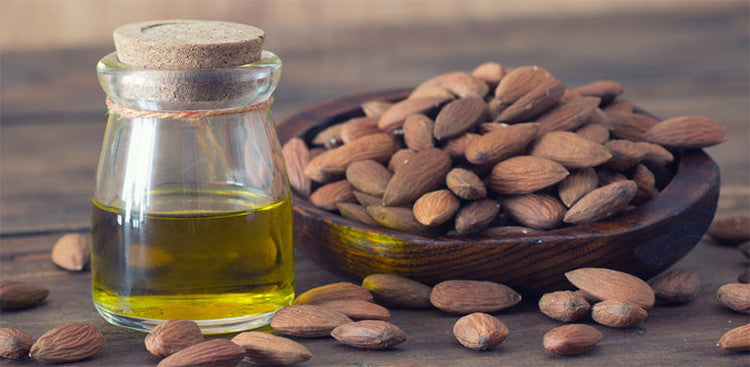
Basil Leaf Extract and How It Helps with Aging
What is Basil Leaf Extract?
Basil leaf extract is a natural substance obtained from the leaves of the basil plant, scientifically known as Ocimum basilicum. Basil is a culinary herb commonly used in various cuisines for its distinctive flavor and aromatic qualities. However, the basil leaf extract is also valued for its potential benefits in skincare, wellness, and herbal medicine.
In skincare and wellness, basil leaf extract is often utilized for its:
- Antioxidant Properties: Basil is rich in antioxidants, particularly flavonoids and polyphenols. These compounds help protect the skin and body from the harmful effects of free radicals, which can lead to premature aging and various health issues.
- Anti-Inflammatory Benefits: Basil leaf extract contains anti-inflammatory components that can help reduce inflammation, redness, and irritation, making it useful in skin care products for sensitive or acne-prone skin.
- Skin Soothing: Basil leaf extract may have a soothing effect on the skin, making it suitable for calming sensitive or irritated skin. It can help alleviate discomfort and redness.
- Aromatherapy: The aromatic qualities of basil make it a popular choice in aromatherapy. Basil essential oil is used for its invigorating and uplifting scent, which can promote a sense of relaxation and stress relief.
- Herbal Medicine: In traditional herbal medicine, basil has been used for its potential therapeutic properties. It has been applied in various forms to address issues such as digestion, respiratory problems, and stress.
- Natural Fragrance: Basil leaf extract is sometimes used as a natural fragrance or flavoring agent in cosmetic and food products.
Basil leaf extract is often found in skincare products, such as creams, serums, and lotions, to harness its potential benefits for skin health. It is a versatile ingredient that can be used in formulations for various skin types, offering antioxidant protection and soothing properties.
How Basil Leaf Extract help with aging:
This antioxidant-rich extract helps protect the skin and helps prevent acne by functioning as an antimicrobial and antifungal. Basil leaf extract contains several components that can contribute to its potential benefits in addressing signs of aging:
- Antioxidant Protection: Basil leaf extract is rich in antioxidants, such as flavonoids and polyphenols. These compounds help neutralize free radicals, which are unstable molecules that can damage skin cells and accelerate the aging process. By reducing oxidative stress, basil leaf extract may help protect the skin from premature aging.
- Collagen Production: Basil extract contains compounds that may stimulate collagen production. Collagen is a protein that provides structural support to the skin, contributing to its firmness and elasticity. By promoting collagen synthesis, basil leaf extract may help improve skin tone and reduce the appearance of fine lines and wrinkles.
- Anti-Inflammatory Properties: Inflammation is a key factor in the aging process. Basil leaf extract contains anti-inflammatory compounds that can help reduce redness, swelling, and irritation in the skin. This can contribute to a more youthful and even complexion.
- Improved Skin Texture: Regular use of basil leaf extract can help exfoliate the skin, removing dead skin cells and promoting cellular turnover. This can result in smoother, more refined skin texture, which is characteristic of a youthful complexion.
- Hydration and Moisture Retention: Proper hydration is crucial for maintaining youthful skin. Basil leaf extract can help hydrate the skin and support its natural moisture barrier. This prevents excessive dryness, which can contribute to the appearance of fine lines and wrinkles.
- Soothing Effects: Basil leaf extract may have soothing properties that can alleviate discomfort and irritation, which are common concerns associated with aging skin.






